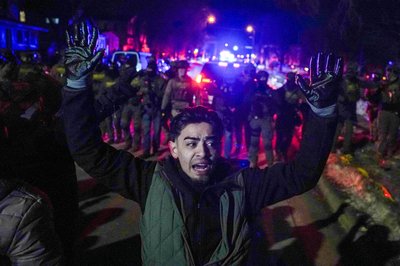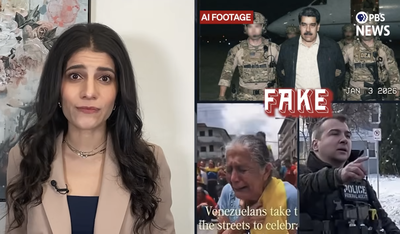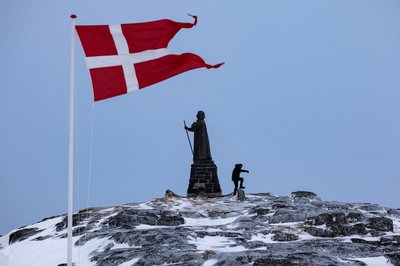NOTE: If you are short on time, watch the video and complete this See, Think, Wonder activity: What did you notice? What did the story make you think about? What would you want to learn more about?
SUMMARY
The former president of Brazil, Jair Bolsonaro, was sentenced to over 27 years in prison after he was found guilty of attempting to use military force to overturn an election and plotting to assassinate current President Luiz Inacio Lula da Silva. Brian Winter of the Americas Society and Council of the Americas joins Nick Schifrin to discuss the ruling and the Trump administration's response.
View the transcript of the story.
News alternative: Check out recent segments from the NewsHour, and choose the story you’re most interested in watching. You can make a Google doc copy of discussion questions that work for any of the stories here.
WARM-UP QUESTIONS
- Who is Jair Bolsonaro, and what is his background?
- When and Where did Bolsonaro lead a coup attempt, according to the accusations?
- How have Bolsonaro's supporters reacted to the conviction?
- What actions has the Trump administration taken in reaction to the Bolsonaro's prosecution?
- Why will the conviction not mark an end to political division in Brazil, according to guest Brian Winter?
ESSENTIAL QUESTIONS
- Do you think the United States should be involved in pressuring Brazil over internal politics? Why or why not?
- How do you think the pressure campaign from the U.S. will impact U.S. diplomacy with countries other than Brazil?
Media literacy: The end of the segment includes an infographic that says, "There have been 11 documented efforts to overthrow Brazil's leadership since 1945, including six successful coups."
Why do you think this infographic was included? How does it provide context for the segment?
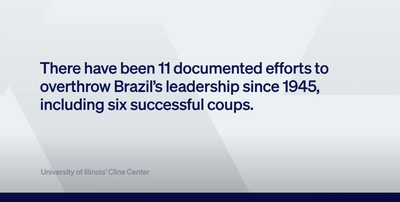
WHAT STUDENTS CAN DO
Learn more about the conviction through the following article: "Verdict and sentencing phase of ‘historic’ attempted coup trial of Brazil’s Bolsonaro begins"
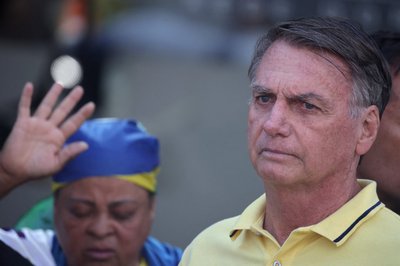
Brazil's former President Jair Bolsonaro leaves a hospital after undergoing medical examinations, authorised by Supreme Court Justice Alexandre de Moraes, to return to house arrest as he awaits trial after being accused of plotting a coup following his electoral defeat, in Brasilia, Brazil, August 16, 2025. REUTERS/Adriano Machado
The following appears at the end of the article: "A military dictatorship ruled Brazil for more than two decades between 1964 and 1985, an era for which Bolsonaro has expressed nostalgia. The government passed a sweeping Amnesty Law in 1979 and Brazil never prosecuted any of the military officials responsible for the widespread human rights violations during that era."
Discuss as a class — why do you think some countries that have experienced violent political change avoid prosecuting those responsible? Why do you think there was a prosecution in this case?
Fill out this form to receive our weekly newsletter or share your thoughts on Classroom’s resources.
